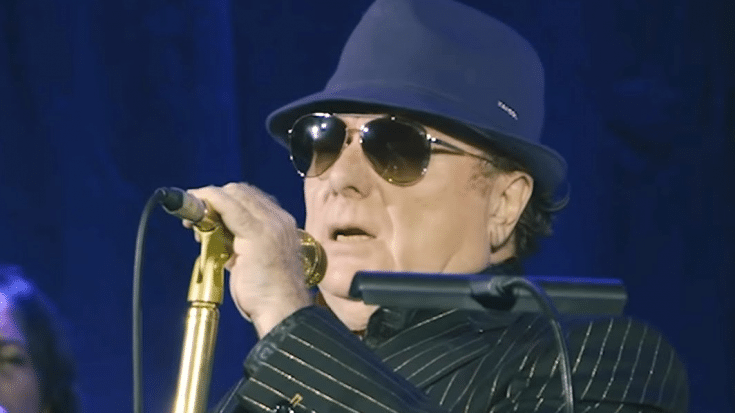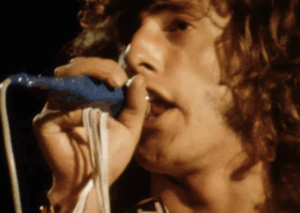Van Morrison’s Defamation Legal Battle Is Closed

via Van Morrison / Youtube
Nearly three years ago, Northern Ireland’s then-health minister, Robin Swann, filed a defamation lawsuit against Van Morrison over comments the singer made about Swann’s handling of the COVID-19 pandemic. Although Swann is no longer in office, the lawsuit has now been settled, just weeks before it was set to go to trial.
Swann’s lawsuit claimed that Morrison repeatedly called him “dangerous” in public and made similar remarks to the press. During that period, Morrison was outspoken in his criticism of the lockdown measures and what he described as “pseudoscience.”
In response, Swann penned an op-ed for Rolling Stone in 2021. He acknowledged that it’s “entirely right and proper to debate and question policies” and that it’s “legitimate to ask if the right balance is being found in what is being done; if the right steps are being taken.” However, he also said, “But Van Morrison is going way beyond raising questions. … His words will give great comfort to the conspiracy theorists – the tin foil hat brigade who crusade against masks and vaccines and think this is all a huge global plot to remove freedoms.”
Settlement Reached
The case was settled on Friday at the High Court in Belfast, with neither party present. A statement read by Swann’s lawyer noted:
“Sir Van, while not agreeing with a number of the steps adopted by government during the COVID crisis, acknowledges that in performing his then role as minister for health in Northern Ireland, Mr. Swann acted at all times honestly and in good faith and on the advice of responsible officials.”
The statement continued:
“Mr. Swann, while not agreeing with Sir Van’s views on the handling of the pandemic, acknowledges that those views were sincere and expressed in the context of Sir Van being prevented by government regulations from performing in a role for which he is justly famous.”
Ireland’s Department of Health added that any opinions on Sir Van’s lyrics “might have been more appropriately expressed in the usual form of media interviews or statements provided to the Northern Ireland media, rather than providing copy to a U.S. rock music magazine.”












